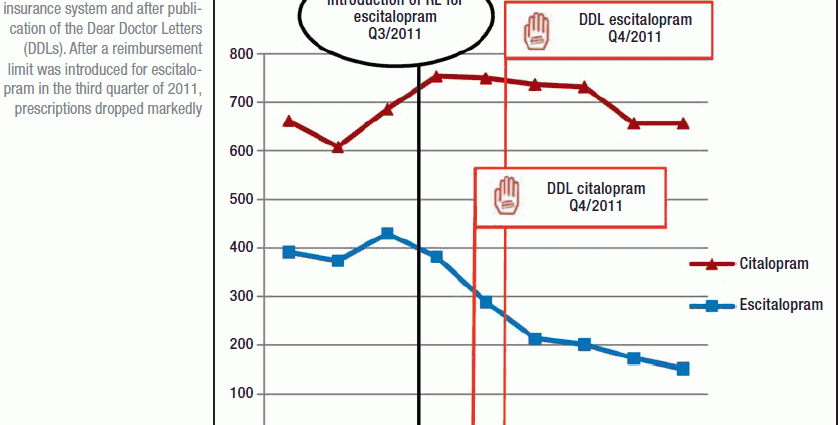More than 1/3 of patients take medications inconsistently with doctors’ recommendations or do not take them at all; this harms their health and increases the cost of treatment – said Dr. Jarosław Woroń from the Jagiellonian University during the conference held on Wednesday in Warsaw.
The organizer of the Art of Taking Medicines conference as part of the nationwide Drug Safe campaign was the Office for Registration of Medicinal Products, Medical Devices and Biocidal Products.
According to the report of the Foundation for Supporting the Development of Polish Pharmacy and Medicine – 2010, cited during the conference, 14 percent. patients partially change the dose of drugs, 11 percent. skips doses periodically, and 4 percent. – often, and 6 percent takes medication only during symptoms of the disease. 46 percent stop taking medications, and 42 percent. modifies their dosage due to the improvement of well-being.
Meanwhile – as Dr. Jarosław Woroń from the Department of Clinical Pharmacology at the Chair of Pharmacology of the Jagiellonian University Medical College said – especially in the case of chronic diseases such as diabetes or hypertension, it is not so much temporary parameters such as blood pressure that count, but the long-term effectiveness of drugs affecting life time. This requires systematic treatment throughout life. Medicines are supposed not only to improve the well-being, but also to protect, for example, the kidneys or the cardiovascular system from damage. In 3 out of 10 cases, according to Pentor Research studies, a chronically ill patient does not even take the contents of one package of the drug – emphasized Dr. Woroń.
Globally, the cost of discontinued treatments is estimated at $ 100 billion annually, and the costs of drug-induced diseases and deaths due to adverse drug side effects may be equal to the sum spent on drugs in one country, said Dr. Woroń.
Specialists pointed out that the side effects of the drug, the so-called side effects. The cited data shows that they are responsible for approx. 30 percent. cases of discontinuation of therapy, most often it concerns problems with the digestive tract, skin changes and sexual disorders.
However, about 14 percent. patients stop treatment because they do not have access to a drug – for example, because they do not have a prescription or because they cannot afford to buy a drug.
As noted by Dr. Woroń, cheaper drug substitutes, even when they contain the same dose of this drug, may cause complications because they contain other excipients. Therefore, each change of the drug should be consulted with the doctor. There are people who buy new drug substitutes several times a month. It is difficult to say then what harmed them – warned Dr. Woroń.
Medicines should be taken as prescribed by a physician, systematically, at the right time of the day, at the right time apart from a meal, as this determines the effectiveness of the therapy, the conference participants reminded.
Smoking or drinking alcohol can alter the effects of medications, as can some foods. For example, broccoli, Brussels sprouts and avocados inhibit the action of anti-clotting drugs. Many people are already aware that you should not take your medications with fruit juices, especially grapefruit, orange or chokeberry, but tea (the tannin contained in it is associated with many drugs), milk, magnesium preparations, fiber, fruit diet, can also cause problems, foods rich in fats or mineral waters containing calcium and magnesium. The best to drink medications is boiled and cooled tap water – said Dr. Woroń (PAP).










